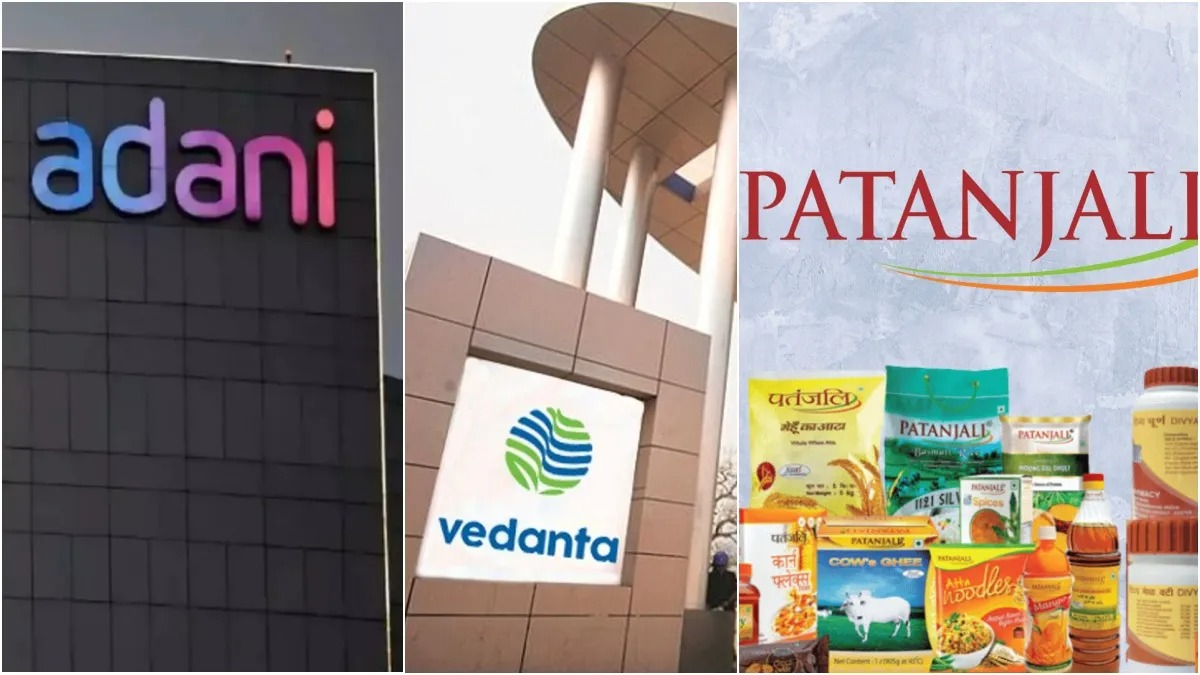
Reliance Retail, one of the country's largest retail companies, has officially entered the fast-growing quick commerce sector. This will make the competition even tougher for companies like Zomato's Blinkit, Swiggy Instamart, and BigBasket. The company launched quick commerce services in some areas of Navi Mumbai and Bangalore last weekend through its e-commerce platform JioMart.
Initially, Reliance will start selling groceries from its network of 3,000 retail stores. However, the company plans to also include value fashion and small electronic products such as smartphones, laptops, and speakers in the future. According to a senior company official, these services will be catered through Reliance's existing network of stores. These networks include outlets of Reliance Digital and Trends.
Reliance plans to expand its Quick Commerce services across India by the end of this month. The company aims to deliver most orders within 10-15 minutes and the rest within 30 minutes. For timely deliveries, the company will use its logistics arm Grab, which it acquired earlier.
Instead of relying on dark stores or local warehouses like other quick commerce operators, Reliance will use its existing retail infrastructure. However, analysts believe this strategy may pose challenges in delivering goods within 30 minutes, especially in cities with traffic jams.
To attract customers, Reliance has decided not to charge delivery charges, platform charges, or surge charges, irrespective of the size of the order. This strategy is completely different from competitors like Blinkit, Swiggy Instamart, and BigBasket, which charge extra for delivery. Reliance's focus is on small cities and towns, where quick commerce has not expanded much yet.
The company is introducing more product variants on its platform, allowing it to integrate its entire inventory with the Quick Commerce platform. With 10,000 to 12,000 stock-keeping units (SKUs), Reliance's offering will be much larger than competing platforms.
Reliance aims to expand its Quick Commerce service to 1,150 cities, including the 5,000 pin codes where its grocery stores are already operating. With a focus on smaller cities and towns, Reliance could gain a significant edge over its competitors, as most companies are still focused on big cities.
According to The Economic Times, a senior company official said, "Reliance has made a major change to the JioMart delivery model. Earlier, delivery used to take 1-2 days, with small trucks delivering multiple orders at once. Now the focus is on quick commerce, where every order will be delivered individually via bike or cycle, and every grocery store will serve within a radius of 3 kilometers."
Improve the delivery process.
Earlier this year, Reliance had tried to reduce JioMart's delivery time to a few hours or even the same day as part of their hyperlocal delivery initiative. Now, this has been further improved to deliver within 10-30 minutes, which is a key demand in the market.
The mixed delivery model may be the future.
Devangshu Dutta, CEO of consultancy firm Third Eyesight, told The Economic Times that in the long run, Reliance could adopt a mixed model, with quick commerce deliveries in areas near its stores and scheduled deliveries in distant areas.
Dutta said, "Reliance is clearly in a market share-gaining mode in the quick commerce space, and waiving transaction fees and offering deep discounts is part of this strategy. There is a huge opportunity for deep-pocketed players like Reliance to become dominant in this fast-growing sector. Given their track record in retail, they are willing to experiment aggressively once they find a successful model."
For fast-moving consumer goods (FMCG) companies, quick commerce is becoming an important channel, accounting for up to 30-35 percent of total online sales, making it an attractive area for big players like Reliance.

 Share
Share






